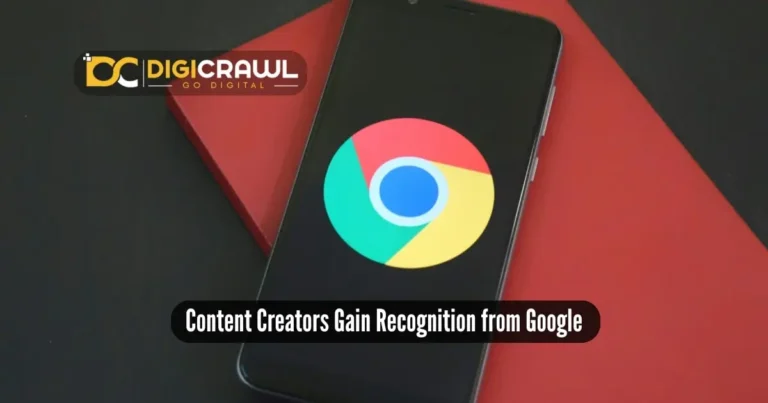How Bing’s Partnership with OpenAI Could Challenge Google’s Search Dominance
Microsoft Bing’s partnership with OpenAI does present a significant development in the search landscape, potentially challenging Google’s dominance. Here’s how this partnership could impact the search industry:
Enhanced AI Capabilities: Integrating OpenAI’s advanced language models into Bing could improve the quality of search results, making them more relevant and contextually accurate. This could provide a more refined and engaging search experience compared to traditional methods.
Innovative Features: OpenAI’s technology can enable new features and functionalities in Bing, such as advanced natural language understanding, more personalized search results, and interactive conversational search experiences. These innovations could attract users who are looking for a more sophisticated search experience.
Increased Competition: As Bing enhances its capabilities and offers a more competitive alternative, it could erode Google’s market share, especially among users interested in AI-driven search technologies and improved user experiences.
Pressure on Google: The advancements and growing capabilities of Bing might pressure Google to innovate further, accelerating the development of new features and improvements in its search engine to maintain its lead.
Market Dynamics: While Bing’s advancements are promising, Google has a significant head start with its established infrastructure, extensive data, and market dominance. Overcoming Google’s lead would require sustained innovation and user adoption.
Overall, while Microsoft Bing’s partnership with OpenAI represents a notable threat to Google’s authority, the extent of this challenge will depend on how effectively Bing leverages AI to differentiate itself and capture user interest. Google’s ability to respond with innovations and enhancements will also play a crucial role in maintaining its position in the search landscape.







